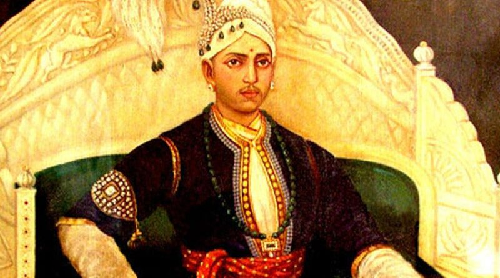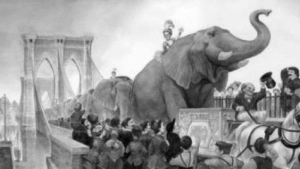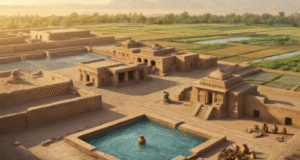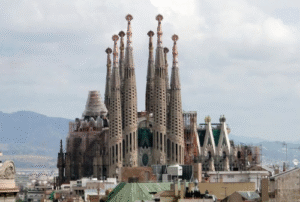Maharaja Swathi Thirunal Rama Varma (reigned 1813–1846), the enlightened ruler of the erstwhile princely state of Travancore (modern-day Kerala), is now widely celebrated as the earliest royal composer of ragas in Indian classical music.
A rare blend of statesmanship and scholarship, Swathi Thirunal composed over 400 classical works—a significant body of music that spans both the Carnatic and Hindustani traditions. His legacy is unique not only for its volume and variety but also for his pioneering role in composing ragas as a monarch, setting a precedent for future royal patrons of the arts.
Trained in Sanskrit, Malayalam, Tamil, Telugu, Hindi, and Persian, the Maharaja infused linguistic diversity and devotional depth into his compositions. His kritis and padams are still widely performed today, reflecting themes of bhakti (devotion) and musical innovation. He also created new ragas and talas and encouraged cultural exchange between northern and southern styles of classical music.
Beyond his own compositions, Swathi Thirunal was an active patron of musicians, dancers, and scholars, and his court became a vibrant hub for cultural synthesis. His contributions continue to resonate in major music festivals, especially the Swathi Sangeethotsavam, held annually in his honor.
Music historians regard him as a visionary royal composer whose work has left an indelible mark on Indian classical traditions—making him a timeless icon of India’s royal and artistic heritage.







